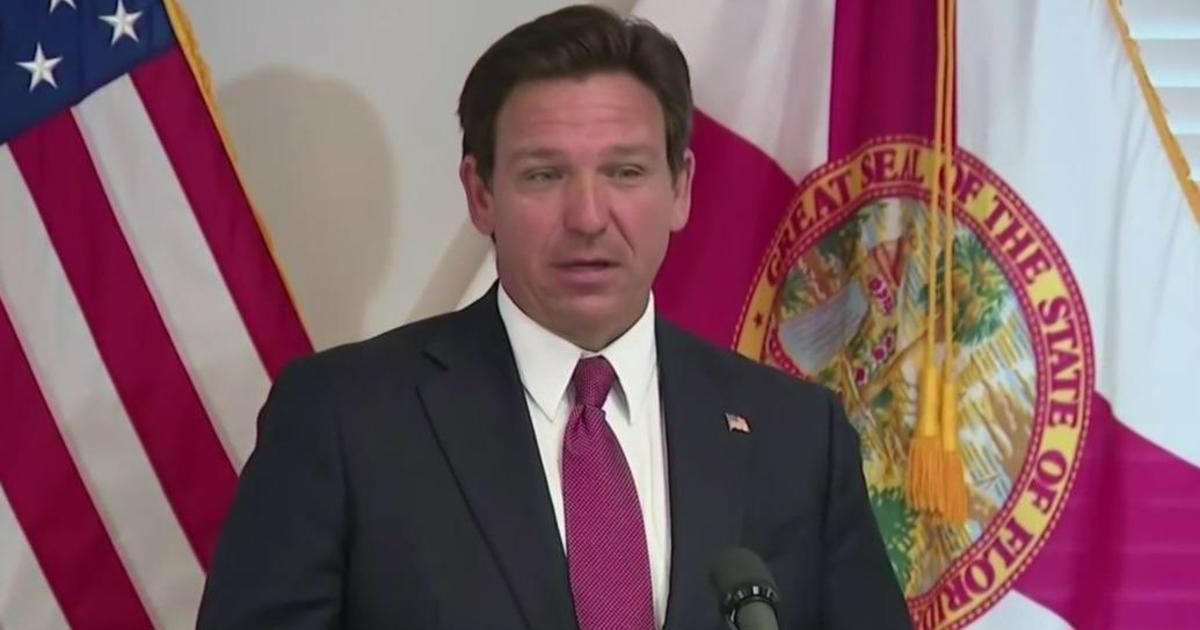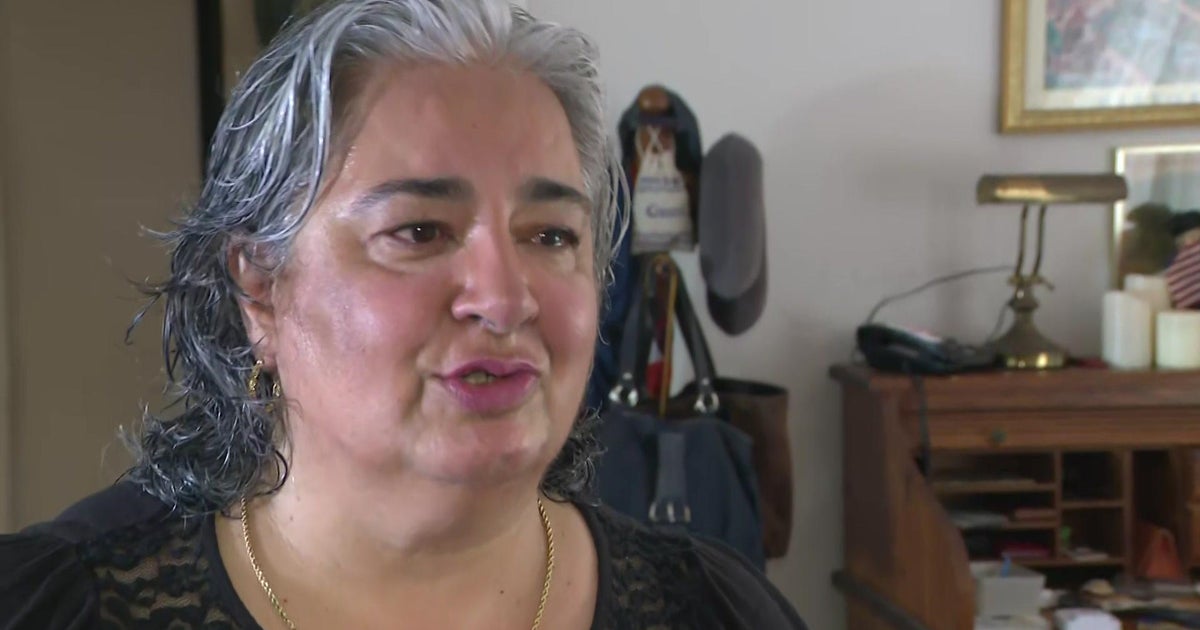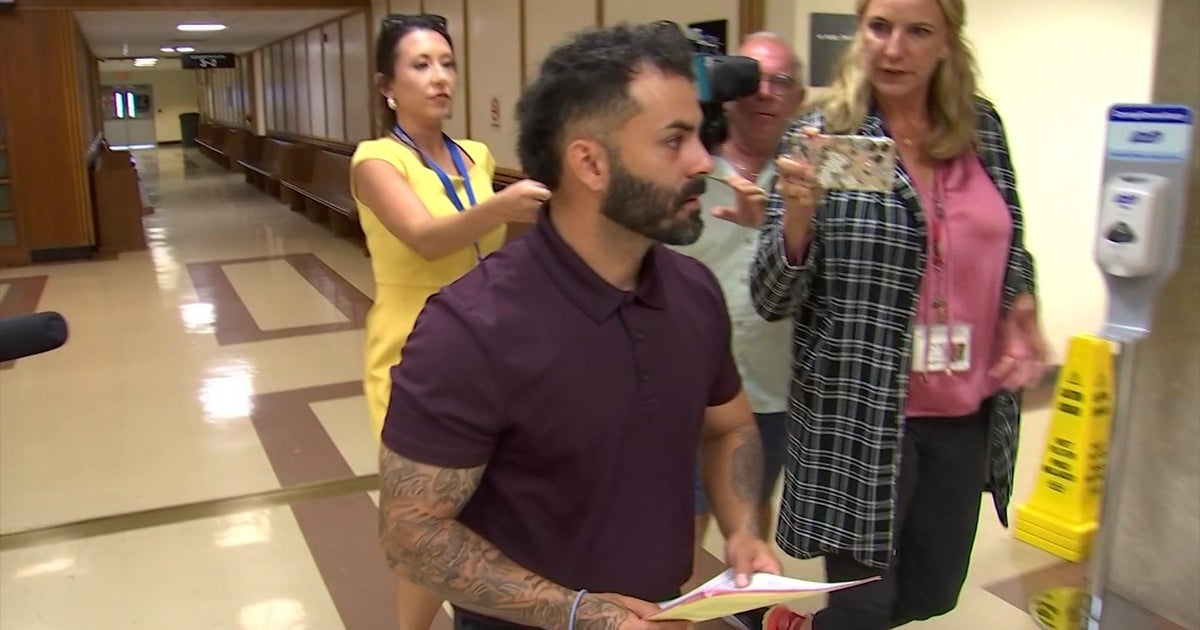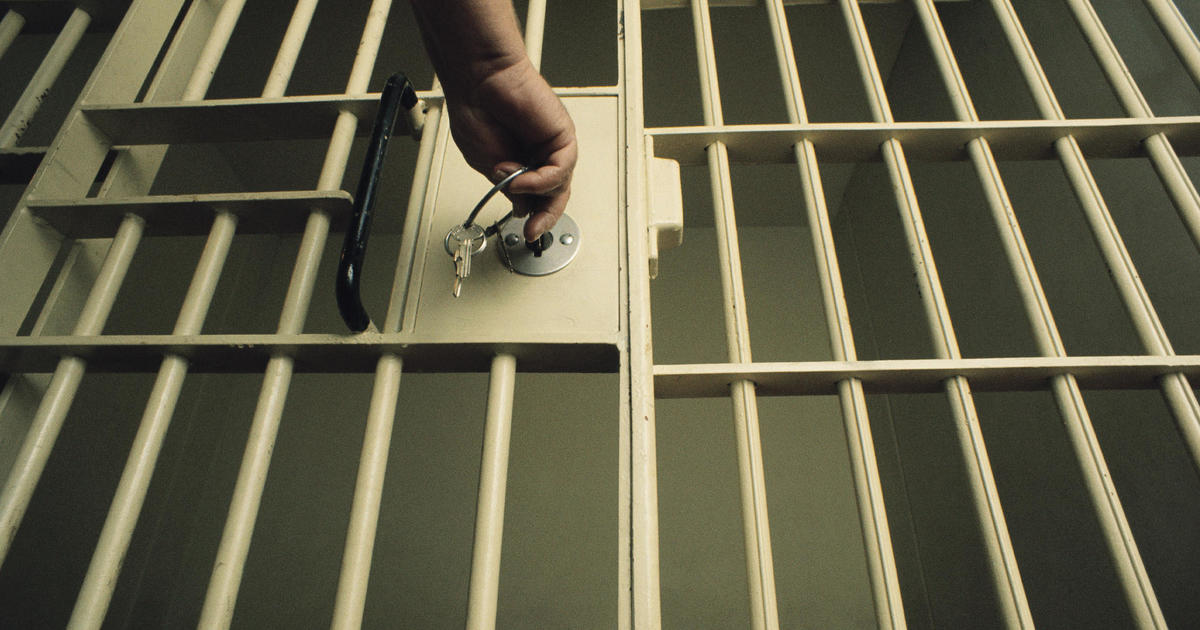High Court Honors Florida's First Black Chief Justice
Follow CBSMIAMI.COM: Facebook | Twitter
TALLAHASSEE (NSF) – Former Chief Justice Leander Shaw, who died last week at age 85, lay in state Monday in the rotunda of the Florida Supreme Court as family, friends and colleagues paid their respects.
A Florida Highway Patrol honor guard carried his coffin in from rain-soaked Duval Street, with former Chief Justice Major Harding leading the way.
Shaw, the state's first black chief justice, served two decades on the court, figuring in high-profile cases and beating back an effort to unseat him.
He also triumphed over Florida's Jim Crow-era legal system.
In 1960, for instance, when Shaw took the Bar exam in Miami, he wasn't allowed to stay at the whites-only hotel, eat at its restaurant or take the exam with the other candidates.
By 1983, he was Florida's second black justice. By 1990, he was its chief justice.
Longtime Supreme Court spokesman Craig Waters called Shaw "a man who had experienced doors being shut in his face, but who had lived to see them opened and who tried to open them for others. … Thirty years later, he took office as the chief justice of Florida. That tells you how many doors he opened."
"My God, the changes were night and day," said Joseph Hatchett, the first African American on the state's high court. "When we came to Florida, everything was completely segregated."
The two met in law school in the 1950s, Hatchett said, when courts were segregated as well as hotels, with blacks forced to use separate drinking fountains and other facilities.
"So we had the honor of going into courthouses, seeking equal justice under the law, in courthouses where the people we were representing had been declared by law to be unequal," Hatchett said. "We still have a long way to go, but my God, we've come a long, long way."
Shaw was born in 1930 in rural Virginia. His father had been dean of the Florida A&M University Graduate School, his mother a high school teacher. After serving in the Korean War, Shaw earned a law degree in 1957 from Howard University in Washington, D.C and moved to Tallahassee as an assistant law professor at Florida A&M. In 1960, when he was admitted to The Florida Bar, he was one of only about 25 black attorneys practicing in the state.
"Having lived in the period when racism and prejudice was a way of life … he was motivated by his desire to make sure that everybody understood their rights and had access to the legal system," said Senate Minority Leader Arthenia Joyner, a Tampa Democrat and lawyer who had a longtime connection to Shaw.
After passing the bar, Shaw worked in private practice in Jacksonville, also serving as a public defender and prosecutor. In 1974, then-Gov. Reubin Askew appointed him to the Florida Industrial Relations Commission. In 1979, then-Gov. Bob Graham named Shaw to the 1st District Court of Appeal and, four years later, to the Supreme Court.
Joyner said Shaw was "a role model and a mentor to many of the young black lawyers coming up." She called his impact on Florida's courts "unparalleled … profound."
In a statement last week, current Chief Justice Jorge Labarga also noted that Shaw helped restore public confidence in the high court after it was rocked by scandals in the 1970s.
"Leander Shaw was one of a handful of judges who helped restore the public's faith in the Supreme Court and who transformed it into one of the most respected courts in the nation,'' Labarga said.
Shaw served as chief justice from 1990 to 1992 and retired from the court in January 2003. In 1989, he wrote a controversial decision that struck down a law requiring minors to get permission from their parents before having abortions. That decision, based on a privacy right in the Florida Constitution, led to an unsuccessful effort to unseat Shaw when he came up for merit retention in 1990.
Shaw had a remarkable temperament, according to Harding, whose service on the high court overlapped with Shaw's by more than a decade.
"Whether you agreed with him or not on a case or any issue, he was always the same," Harding said. "He never allowed any difference of opinion to interfere with the significant friendship that we all were privileged to share."
Sean Shaw, one of the jurist's five children and a former state insurance consumer advocate, agreed that his father didn't take things personally --- "unless I did something wrong. Seems like he took that mighty personal. ... You can't lie to a judge. My little excuses as to why I missed curfew fell on deaf ears."
But as visitors kept coming to pay their respects, Sean Shaw was happy with his father's legacy.
"You can only hope that when it's your time, people think of you this way," he said.
The News Service of Florida's Margie Menzel contributed to this report.



